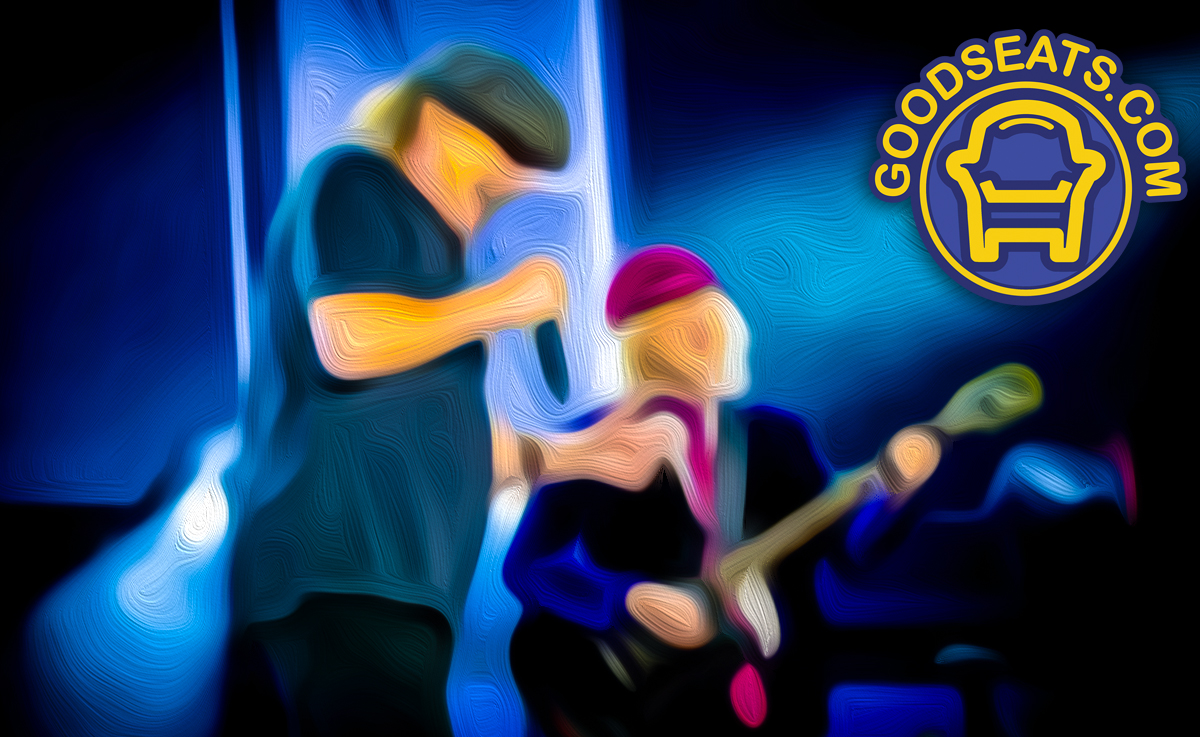
Concert ticket prices are rising due to several factors, including increased production costs, higher artist fees, inflation, dynamic pricing models, rising venue costs, additional ticket fees, and the influence of the resale market. These elements collectively drive up the cost of attending live music events, making it more expensive for fans.
Concert tickets are getting more expensive due to several factors:
1. Increased Production Costs
Modern concerts often feature elaborate productions, including advanced lighting systems, large video screens, pyrotechnics, and other special effects to create a memorable experience. The technology used in these productions is costly to purchase, maintain, and operate. Additionally, the logistics of transporting equipment, setting up and dismantling stages, and hiring technical crews contribute to these higher costs. As productions become more sophisticated, the cost to produce each concert rises, which is reflected in ticket prices.
2. Artist Fees
As artists grow in popularity, their demand increases, allowing them to command higher fees for their performances. These fees are based on their ability to draw large crowds and generate significant revenue. Higher fees for the artist translate into higher costs for promoters, who then pass these expenses on to concertgoers through ticket prices. For iconic artists or those at the peak of their careers, these fees can be substantial.
3. Inflation
Inflation affects all aspects of the economy, including the concert industry. The rising costs of goods and services—such as fuel, transportation, accommodation, and food—impact the overall cost of organizing concerts. These incremental increases in operational expenses are passed on to consumers, resulting in higher ticket prices over time.
4. Dynamic Pricing
Dynamic pricing is a strategy used by many ticketing platforms where ticket prices fluctuate based on demand, much like airline tickets or hotel rooms. When demand for a concert is high, prices increase; when demand is low, prices may decrease. This system aims to maximize revenue for promoters and artists but often results in higher prices for popular events, as fans are willing to pay a premium to secure their tickets.
5. Venue Costs
The costs associated with renting venues, particularly larger arenas or stadiums, have increased. Venues also have to cover the expenses of utilities, staff wages, insurance, maintenance, and security, all of which contribute to higher rental fees. These increased costs are usually included in the ticket price. Moreover, venues are often subject to inflationary pressures, which further drive up their operational costs.
6. Ticket Fees
Ticket fees include various charges added by ticketing platforms, such as service fees, convenience fees, and processing fees. These fees are intended to cover the costs of handling transactions, customer service, and other administrative expenses. However, they often add a significant amount to the base ticket price, making the overall cost higher for consumers. These fees can sometimes represent a substantial portion of the total ticket price.
7. Resale Market
The resale market, also known as the secondary market, is where tickets are resold, often at inflated prices. Scalpers and brokers may buy large quantities of tickets as soon as they go on sale and then resell them at higher prices, particularly for sold-out or high-demand events. This practice can significantly drive up the cost of attending a concert, as fans may be forced to purchase from resellers if primary tickets sell out quickly. The presence of these resale platforms has contributed to the perception and reality of higher ticket prices.
Each of these factors plays a role in the rising costs of concert tickets, combining to make live music experiences more expensive for fans.
These factors combine to make concert tickets more expensive for fans.


